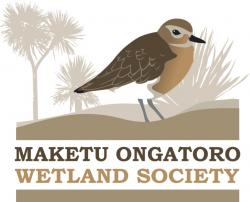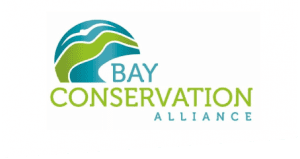
Maketu Ongatoro Wetland Society (MOWS) is involved in the conservation and ecological restoration of coastal and riverine areas around the Maketu and Waihi Harbours.
The group started in 2008 when a group of Maketu residents got together to do something to protect the colony of New Zealand dotterel Charadrius obscurus which breed on the tip of the Maketu Spit. Since then MOWS has grown to cover five permanent project sites, as well as a number of ecological restoration and commercial contracts in the area. As a result of this work, Maketu Spit now hosts the largest contiguous breeding colony of red-billed gulls Larus novaehollandiae in the North Island Our rohe has also been designated an Important Bird Area (IBA), one of only 17 in the North Island, by Birdlife International.
Objectives
The main aim of the group is to develop an ecologically and biodiversity significant site covering the two harbours and the lower Kaituna River and a potential Ramsar site. Our sites include coastal dunelands, harbour margins and estuarine and riverine wetlands. Wetlands are natures filters, improving water quality as well as providing habitat for wildlife and offering flood protection. Dunes are an important natural coastal defence of particular significance as sea levels rise. Both are vital parts of our environment and are rich in threatened and endangered native species.
MOWS carries out a range of tasks, and while much of the field work is done by our employees and contracted members, the overall operation of the society is entirely reliant on the help of amazing, dedicated volunteers and members. We run regular working bees and work days to complete important ecological restoration work around Maketu.
How to Help
Volunteer opportunities include planting native species, weeding and collecting litter. In order to allow people to assist with more specialist tasks MOWS runs training courses in areas such as first aid, chainsaw use, herbicide application, ATV/LUV driving and pest animal control. These courses are funded, and enable members to be part of the ‘work gang’ Other volunteer opportunities include helping at events, assisting with the education program, wildlife monitoring, and administration. Please see the volunteer page for more information, and feel free to let us know if you have a particular skill you think might be of use.
You can also help by becoming a member, or making a donation. Please see the links below to find out more. Or you can contact MOWS to ask to be put on their email list to receive regular updates about their projects and other conservation related groups and events.



